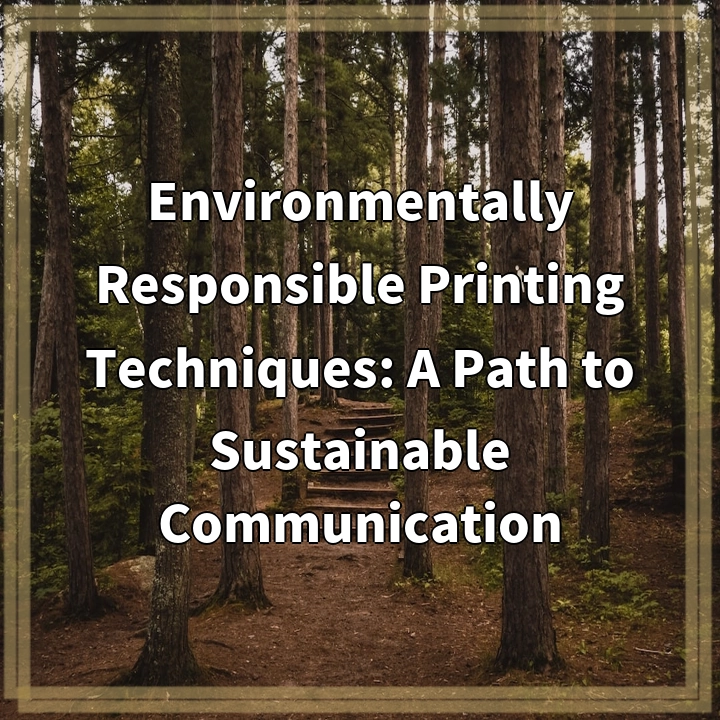
What is Sustainability?
Sustainability is a concept that revolves around the idea of meeting the needs of the present generation without compromising the ability of future generations to meet their own needs. It involves maintaining a balance between social, economic, and environmental aspects to create a harmonious and equitable society.
Real-World Problems Associated with Sustainability
1. Climate Change
Climate change is a pressing issue that threatens the stability of our planet. The burning of fossil fuels, deforestation, and industrial activities contribute to the release of greenhouse gases, resulting in rising global temperatures, erratic weather patterns, and increased natural disasters.
2. Loss of Biodiversity
Our planet is experiencing a rapid loss of biodiversity, mainly due to habitat destruction, pollution, and overexploitation of natural resources. Declining biodiversity not only disrupts ecosystems but also poses significant risks to human health and well-being.
3. Resource Depletion
As the global population continues to grow, the demand for natural resources such as water, land, and minerals intensifies. Unsustainable extraction and consumption practices lead to resource depletion, making it harder for future generations to meet their needs and causing social and economic imbalances.
4. Pollution
Pollution in its various forms, including air, water, and soil pollution, poses significant threats to both human health and the environment. Industrial activities, improper waste management, and use of harmful chemicals contribute to pollution, further exacerbating the challenges faced by sustainable development.
5. Social Inequality
Sustainability is not only about protecting the environment but also about creating a just and equitable society. Socioeconomic disparities, unequal access to resources and opportunities, and marginalization of certain communities are significant challenges that need to be addressed to achieve true sustainability.

Solutions for Sustainability
1. Tackling Climate Change
Addressing climate change requires a shift to renewable energy sources, implementing energy-efficient technologies, and adopting sustainable land-use practices. Governments, businesses, and individuals must work together to reduce greenhouse gas emissions and promote sustainable lifestyles.
2. Conservation and Restoration of Biodiversity
To combat the loss of biodiversity, efforts should be made to protect and restore natural habitats, promote sustainable agriculture and forestry practices, and raise awareness about the importance of biodiversity. Conservation measures, such as establishing protected areas and implementing species recovery plans, are crucial.
3. Responsible Resource Management
Sustainable resource management involves minimizing waste, promoting recycling and circular economy practices, and adopting sustainable consumption patterns. Innovations in technology and policies that promote resource efficiency are key to preserving resources for future generations.
4. Pollution Control and Prevention
Effective pollution control measures involve enforcing regulations, promoting cleaner production processes, and encouraging the use of environmentally friendly alternatives. Investing in research and development of sustainable technologies and promoting public awareness are also essential.
5. Creating Social Equity
To achieve social equity, it is important to address issues such as poverty, unequal access to education and healthcare, and discrimination. Supporting fair trade practices, promoting inclusive policies, and empowering vulnerable populations are crucial steps towards a more equitable and sustainable future.















